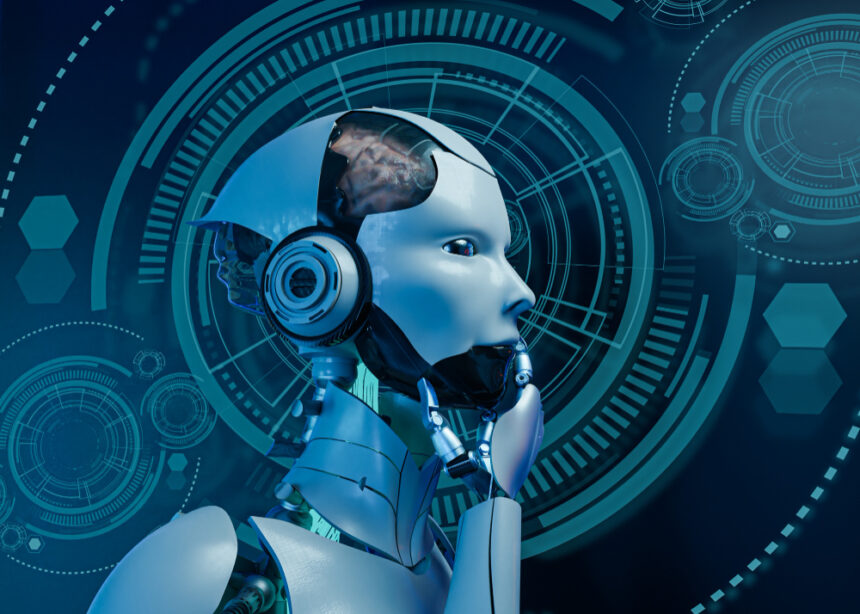The pharmaceutical industry has traditionally relied on time-consuming and costly processes to develop new drugs. However, the integration of artificial intelligence (AI) is transforming drug discovery, making it faster, more efficient, and cost-effective.
AI in Target Identification
Identifying the right biological target is the first step in drug discovery. AI algorithms can analyze vast amounts of biological data to predict potential targets for diseases, reducing the time and resources spent on this initial phase. Machine learning models can identify patterns and relationships in data that might be overlooked by human researchers.
Drug Screening and Design

Once a target is identified, the next step is to find compounds that can interact with it. AI can rapidly screen large libraries of compounds to predict their efficacy and safety. Deep learning models can also design novel molecules with desired properties, optimizing the drug development process.
Predicting Drug Toxicity
One of the significant challenges in drug development is predicting potential toxicity. AI models can analyze preclinical data to predict adverse effects, allowing researchers to eliminate harmful compounds early in the development process. This not only saves time but also reduces the risk of late-stage failures.
Clinical Trial Optimization
AI can enhance the design and execution of clinical trials by identifying suitable patient populations, predicting outcomes, and monitoring real-time data. This leads to more efficient trials, faster recruitment, and potentially more successful outcomes.
Case Studies

Several pharmaceutical companies have successfully integrated AI into their drug discovery processes. For example, Insilico Medicine used AI to identify a novel drug target for fibrosis, leading to the development of a promising therapeutic candidate. Similarly, Atomwise employs AI to predict the binding of small molecules to proteins, accelerating the identification of potential drug candidates.
Challenges and Future Outlook
Despite the promising applications, challenges remain in integrating AI into drug discovery. Issues such as data quality, algorithm transparency, and regulatory approval processes need to be addressed. However, with ongoing advancements in AI and data science, the future of drug discovery looks promising, with the potential for more personalized and effective treatments.
Conclusion
AI is revolutionizing drug discovery by streamlining processes, reducing costs, and improving outcomes. As technology continues to evolve, its role in pharmaceutical research will likely expand, leading to more innovative and accessible treatments for patients worldwide.






